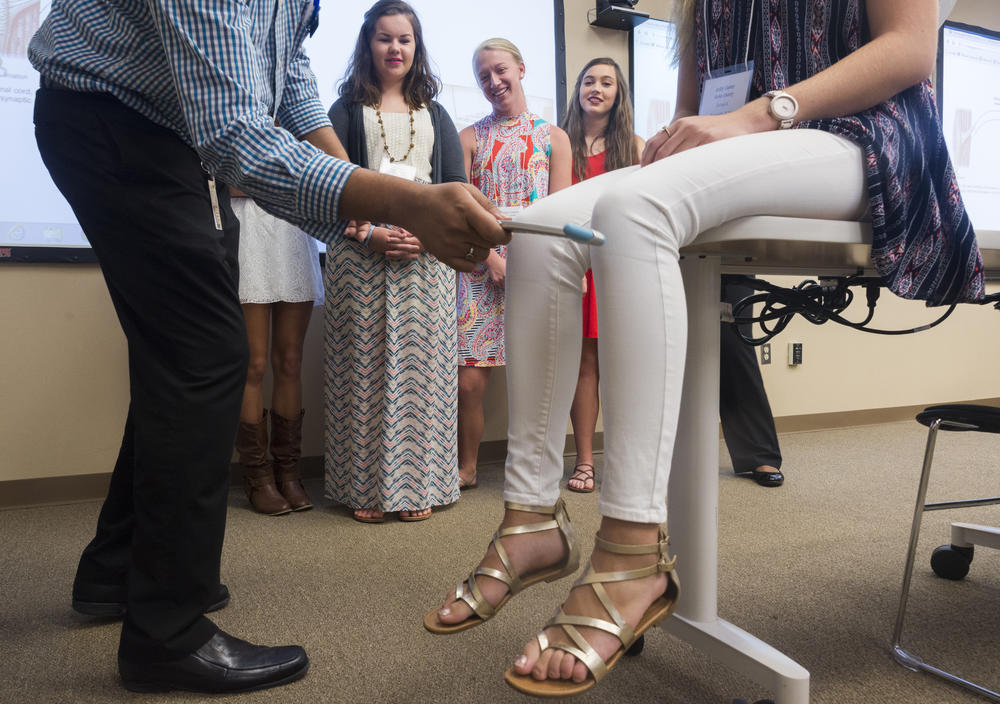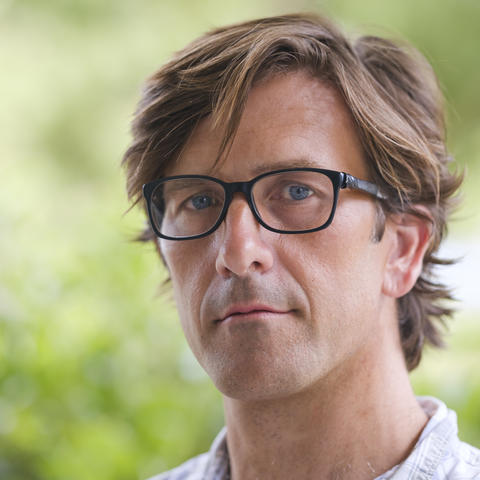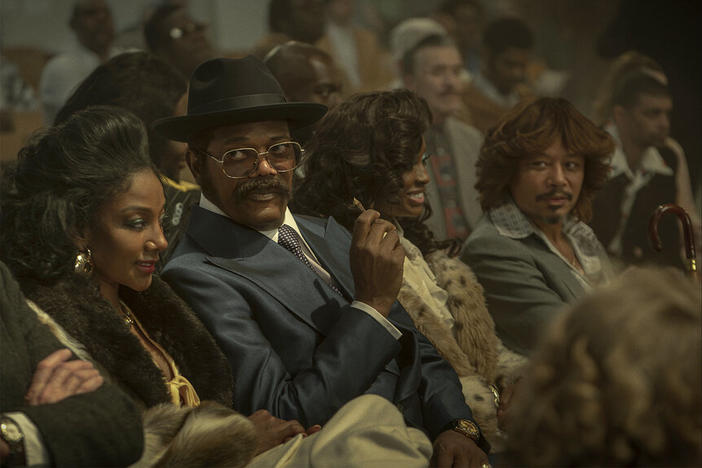Section Branding
Header Content
Mercer Med School Wins NIH Money For Rural Health
Primary Content
A nod from the National Institutes of Health, and the sizable grant that comes with it, will bolster Mercer University’s efforts at strengthening rural healthcare.
The NIH recognized Mercer’s Center for Rural Health and Health Disparities as one of two “centers of excellence” for rural healthcare. The other center is in Montana.
Mercer Med School Wins NIH Money For Rural Health
The designation comes with an award of $700,000, now almost a third of the money the Mercer center has on hand for furthering two key initiatives.
The first is a telemedicine program aimed at people with diabetes or hypertension who don’t have easy access to a doctor. Dr. Jacob Warren, chair of the Mercer rural healthcare center, said that program has been in development for years.
“We spent the past five years developing that intervention and conducting a clinical trial to test its effectiveness,” Warren said. “And what we found so far...is that we're having quite a bit of impact on the ability of those rural patients to self manage their condition.”
The NIH money will enable Warren to roll out and replicate the full fledged program in other rural health centers. He said the NIH recognition will almost certainly lend credibility to the telemedicine program from day one.
The money will also be used in the program at the center that recruits undergraduate and graduate students to come to Mercer and train specifically as rural doctors. Dr. Bryant Smalley, dean for medical research at Mercer, said that program is growing very quickly.
“The first year we had around 20 applicants,” Smalley said. “In just four years it grew to over 500 applicants nationally.”
The NIH money is a one time infusion. Smalley and Warren said to win more money would take competing again for the “center of excellence” designation from the NIH. That will only happen if Federal budget makers ensure the money is there to give out in the future.
Secondary Content
Bottom Content





